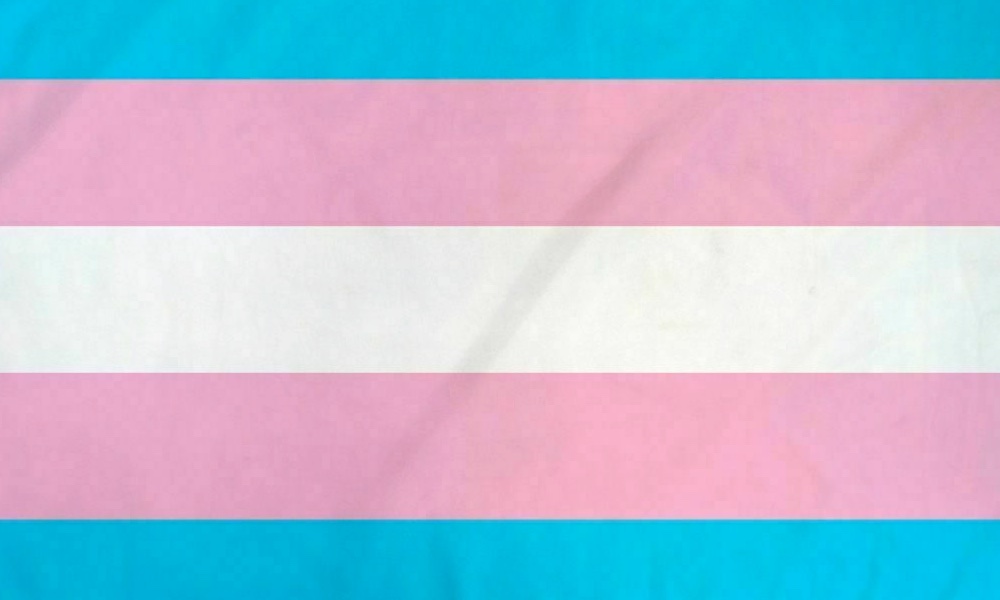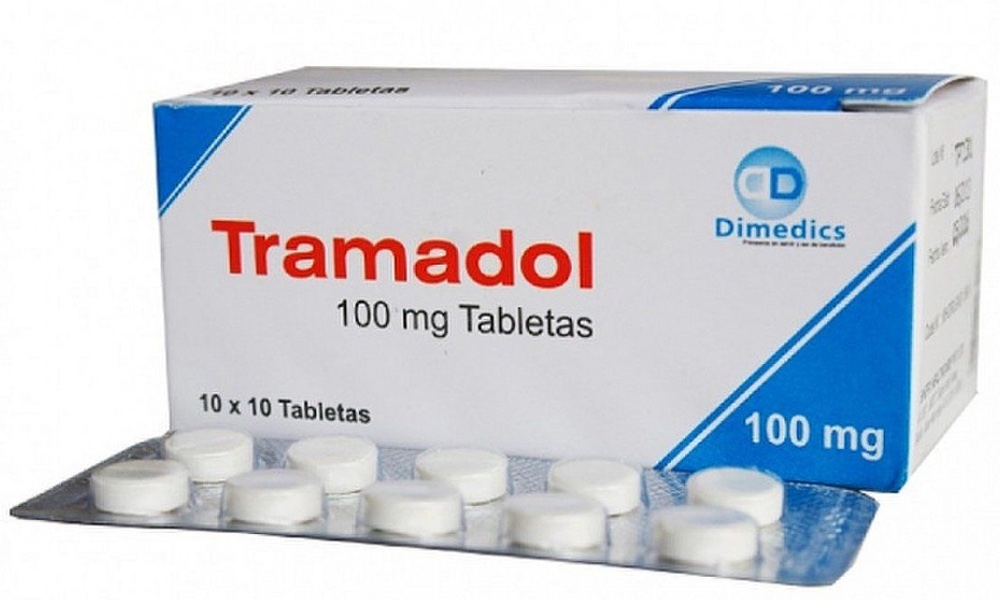Hormone treatment for transgender adolescents is called “gender-affirming” for a good reason. One of the largest studies ever done on this type of therapy shows how much it can really help teens become more comfortable in their own skins. The study, published in the New England Journal of Medicine, found that after starting and continuing gender-affirming hormone treatments, symptoms of depression and anxiety among transgender youth decreased, while their overall ratings of life satisfaction rose.
These findings were gathered over the course of a two-year long study led by Diane Chen, a pediatric psychologist within the Pritzker Department of Psychiatry and Behavioral Health and the Behavioral Health Director for the Potocsnak Family Division of Adolescent and young Adult Medicine at Ann & Robert H. Laurie Children’s Hospital of Chicago and founding psychologist of Lurie Children’s Gender & Sex Development Program.
Chen and her team of researchers tracked 315 transgender or nonbinary patients, ages 12 to 20, who were receiving gender-affirming care at one of four U.S. academic medical centers. The participants in the study were in various stages of puberty.
In order to help their physical appearance align more closely with their gender, they took either estrogen to promote breast development and reduce muscle mass and body hair, or testosterone to increase muscle, deepen the vice and develop facial hair.Compared with their peers, transgender and nonbinary teens are at high risk of mental health issues. Depression and anxiety persisted in some participants, and two died by suicide over the two-year follow-up.
Compared with their peers, transgender and nonbinary teens are at high risk of mental health issues, as well as substance abuse and suicide. During the study, researchers used scales that measured their depression, anxiety, positive emotions and sense of life satisfaction, as well as “appearance congruence” — how much a trans person feels their external appearance aligns with their gender identity.
The researchers met with the study’s participants every six months to assess their psychological functioning. They found that as appearance congruence increased — meaning that as participants felt more comfortable with their changing physical appearance — depression and anxiety decreased, while positive moods and life satisfaction increased.
“On average, depression started in the mild range and decreased to the subclinical level by 24 months,” the authors said in a press statement. Other findings included:
- Two-thirds of the teens who had previously experienced moderate to severe depression showed a marked improvement.
- Of the 27 transgender teens and adolescents who had severe depression before hormone therapy, 67 percent improved to “minimal or moderate” depression.
- Almost 40 percent of participants who started the trial with clinical anxiety saw it reduced to the non-clinical range after two years.
- Study participants designated female at birth benefited from hormones more than those designated male at birth in regard to depression, anxiety and life satisfaction. The authors theorize that this may be related to differences in the ways society accepts transfeminine and transmasculine people.
- Depression and anxiety persisted in some of the participants and two died by suicide over the two-year follow-up.
- There were another 11 reports of suicidal ideation during study visits, along with two events of severe anxiety triggered by a study visit.
The study’s findings are particularly relevant these days. Eleven states have introduced bills in 2023 that would ban or restrict the use of hormone therapy for trans people. Some states including Arkansas, Alabama, Arizona, Florida, Tennessee and Texas have already implemented policies or laws that broadly restrict gender-affirming care for trans youth.As participants felt more comfortable with their changing physical appearance, depression and anxiety decreased, while positive moods and life satisfaction increased.
Respected medical organizations such as the American Medical Association, American Academy of Child and Adolescent Psychiatry and the American Academy of Pediatrics all support gender-affirming care as a proven treatment that is safe and effective and which can save young people’s lives. As a recent New York Times opinion piece points out, the dignity of all Americans is threatened by states’ attempts to legislate against such care.





